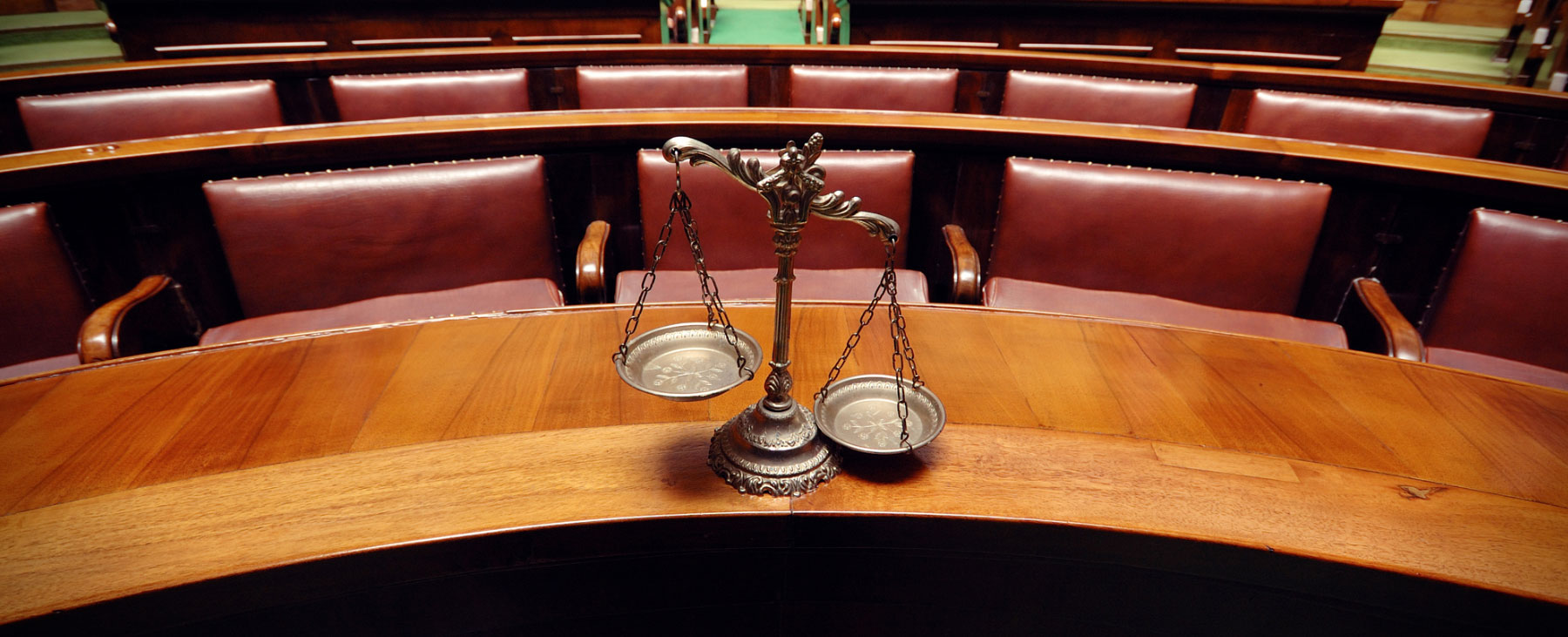FWC Violations: How serious can they get?
Florida, known for its diverse ecosystems and rich wildlife, has entrusted the Florida Fish and Wildlife Conservation Commission (FWC) to protect and conserve its invaluable natural resources. For many, an FWC violation might seem like a slight misstep, a minor oversight. Yet, the ramifications of such transgressions can be more severe than one might assume.
The Spectrum of Violations
FWC violations aren’t a one-size-fits-all scenario. They range from seemingly minor transgressions like fishing without an appropriate license, to major offenses like harming protected species or trading in prohibited wildlife goods.
For instance, fishing over the bag limit might sound trivial. Yet, when hundreds, perhaps thousands, commit the same act, entire fish populations can face significant threats. On the other end of the spectrum, engaging in the illegal pet trade by capturing and selling Florida’s indigenous snakes or turtles, not only harms the individual creatures but can destabilize ecosystems.
The Legal Implications of Violations
Facing an FWC violation isn’t just about paying a fine and moving on. The repercussions can range from monetary penalties and community service to more severe consequences, including potential jail time for egregious offenses. Additionally, repeated violations can amplify the legal repercussions and mark the individual as a habitual offender.
Take the case of someone caught disturbing the habitat of a protected bird species. This single act can lead to investigations that might uncover other offenses, such as illegal tree cutting or unauthorized land development, further deepening the legal quagmire.
The Environmental Impact
FWC’s regulations aren’t mere bureaucratic red tape. They are established to ensure the sustainability and health of Florida’s unique ecosystems. A violation, while a legal issue for the perpetrator, is an environmental setback.
Overfishing, for instance, might lead to a decline in a particular fish species, which in turn affects the predators relying on them, disrupting the entire food chain. Similarly, harming a protected species doesn’t just endanger that specific creature. It can have ripple effects throughout the ecosystem, potentially leading to unforeseen ecological consequences.
FWC and its Vigilance
The FWC doesn’t take its mandate lightly. With regular patrolling, sophisticated monitoring mechanisms, and community outreach programs, they ensure that Florida’s wildlife laws are respected and upheld. There have been instances where a minor tip-off or an overlooked detail led to significant operations uncovering vast networks of wildlife law violators.
The Importance of Legal Representation
Facing the FWC in a legal battle is no walk in the park. Given the intricacies of wildlife laws and the high stakes, having an adept attorney by your side is paramount. An expert, like Attorney Sando, with a deep understanding of FWC regulations, can help navigate these turbulent legal waters, ensuring that one’s rights are protected while also emphasizing the importance of adhering to wildlife laws.
The splendor of Florida’s natural beauty and wildlife is unparalleled. However, preserving this requires vigilance, respect for laws, and an understanding of the grave consequences of violations. While it might seem like a simple oversight, an FWC violation can open a Pandora’s box of legal and ecological troubles. Staying informed, adhering to regulations, and seeking expert guidance when in doubt is the best way forward.
Sando Law, P.A. represents clients pre and post criminal charges, clients facing fish and wildlife violations, and clients in need of immigration counsel.


